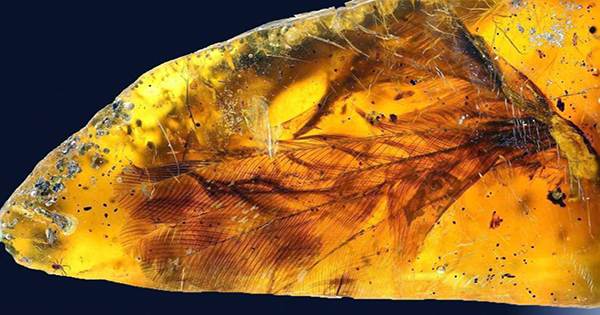Migratory birds are birds that regularly travel long distances between their breeding and non-breeding grounds. These birds typically breed in the northern hemisphere during the summer months and then travel to the southern hemisphere for the winter, where they spend the non-breeding season.
Exercising too much and not getting enough rest is bad for your health. A new study from Lund University in Sweden shows that the same is true for migratory birds. They need to rest not only to renew their energy levels but also in order to boost their immune system.
Vertebrates, such as humans, typically require a period of recovery following a period of physical exercise. Other, less evident physiological systems may also need to recover, in addition to the obvious heart rate reduction and muscle restoration. Intensive physical activity can affect an individual’s basic immune defense.
When birds migrate, they regularly stop in one place for a few days to rest and eat. Before, it was believed that this was required to develop fresh fat reserves, which serve as their migration’s fuel.
It is fascinating just how much we are still to learn about avian migration and exciting new things emerge regularly. This provides an important part of the puzzle of how migratory birds cope with the physiological challenges they are faced with on their long journeys.
Arne Hegemann
Researchers have now discovered that during pit stops, birds also strengthen their immune systems. They do so very quickly a few days’ rest is more than enough. Migratory birds play an important ecological role in the ecosystem, as they help to disperse seeds, control insect populations, and provide food for other animals.
“This is the first time that this has been demonstrated in wild migratory birds. Our study shows that migratory birds’ stops serve other purposes, besides just ‘refueling.’ They also need other physiological systems to recover. You could compare it to pulling off the motorway into a service station. That is not just for the purpose of refueling, you might also need to recover,” says Arne Hegemann, biologist at Lund University who conducted the study with colleagues from the Institute for Avian Research in Germany.
Researchers have examined small migratory birds such as chaffinches, dunnocks and common redstarts and analyzed how their immune system changes when they take a break during their migration.
“If you see a little bird in your garden or in the park during the autumn and you know that it is heading to southern Europe or Africa, it is fascinating to think about why it is taking a break. If they do not get food or rest, their immune systems cannot recover which is when they risk becoming ill,” says Arne Hegemann.
The researchers demonstrate that free-flying migratory birds may repair a number of immune function parameters during stopovers, or stationary periods between flights, by gathering and analyzing data from various individuals and species.
“It is fascinating just how much we are still to learn about avian migration and exciting new things emerge regularly. This provides an important part of the puzzle of how migratory birds cope with the physiological challenges they are faced with on their long journeys,” concludes Arne Hegemann.
















